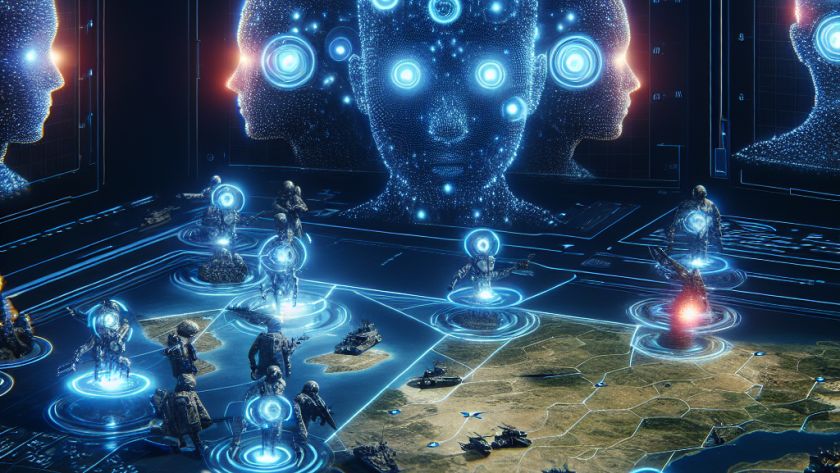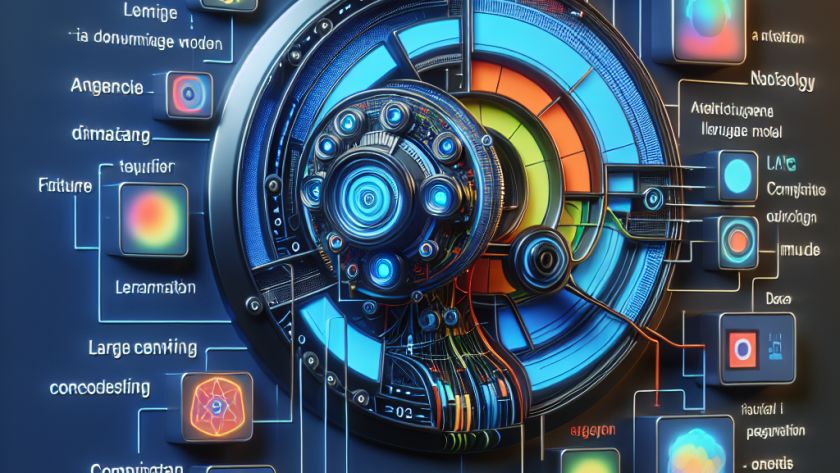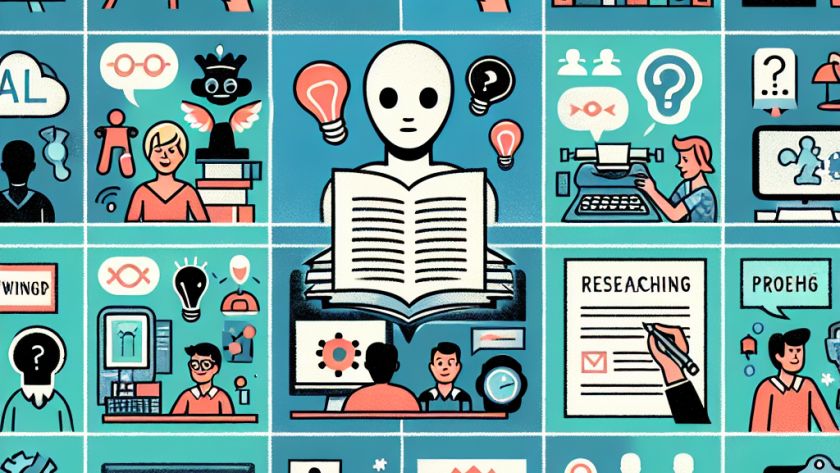The Emirates Policy Centre (EPC), a leading think tank specializing in UAE and its foreign relations, has announced a multi-year collaboration with Saal.ai, a top provider of big data and A.I products. The partnership, led by H.E. Dr. Ebtesam Al-Ketbi, President of EPC and Mr. Vikram Poduval, CEO of Saal, will leverage Saal's pioneering Made…











